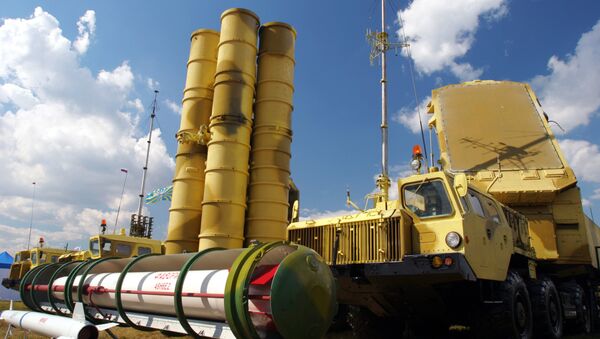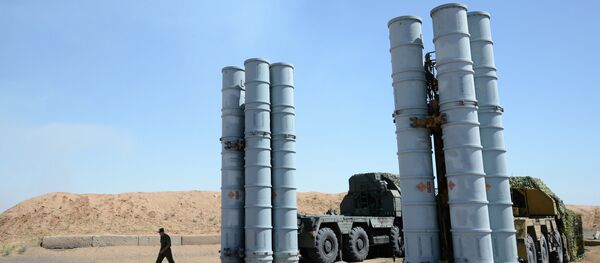“Iran continues to view the S-300 contract as legitimate and not a subject of international sanctions as it was signed before the introduction of sanctions and the [S-300] is a defensive rather than an offensive system,” Sanaei said.
Russia agreed in 2007 to accept $800-million from Iran to deliver five S-300 surface-to-air missile defense systems.
“Iran is still expecting the implementation of the contract. We hope that the [recent] visit of [Russian Defense Minister Sergei] Shoigu to Tehran is a good sign,” the Iranian ambassador said.
Russia suspended the contract in 2010 following a UN Security Council resolution to stop the sale of arms to Iran due to its controversial nuclear energy program.
In the wake of the canceled contracts, Iran sued Russia's state arms exporter Rosoboronexport at the OSCE Court of Conciliation and Arbitration in Geneva, Switzerland. Moscow has offered Tehran a settlement, promising to deliver additional Tor-M1E SAM missile systems at a later, unspecified date.
According to the Center for Analysis of World Arms Trade, Russia has lost out on $11 —13 billion for the sale of arms to Iran because of the sanctions.


